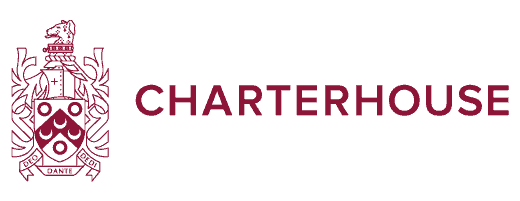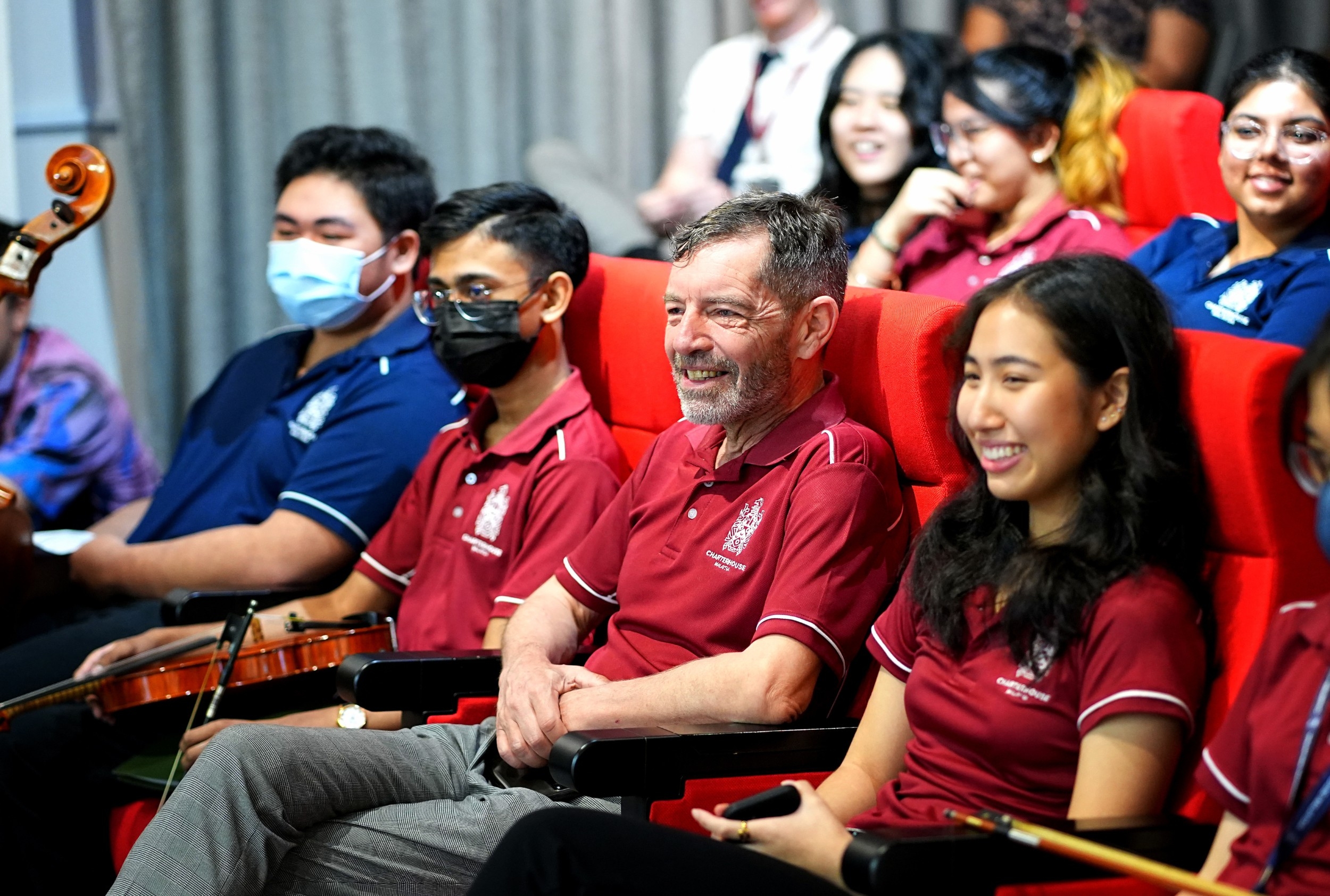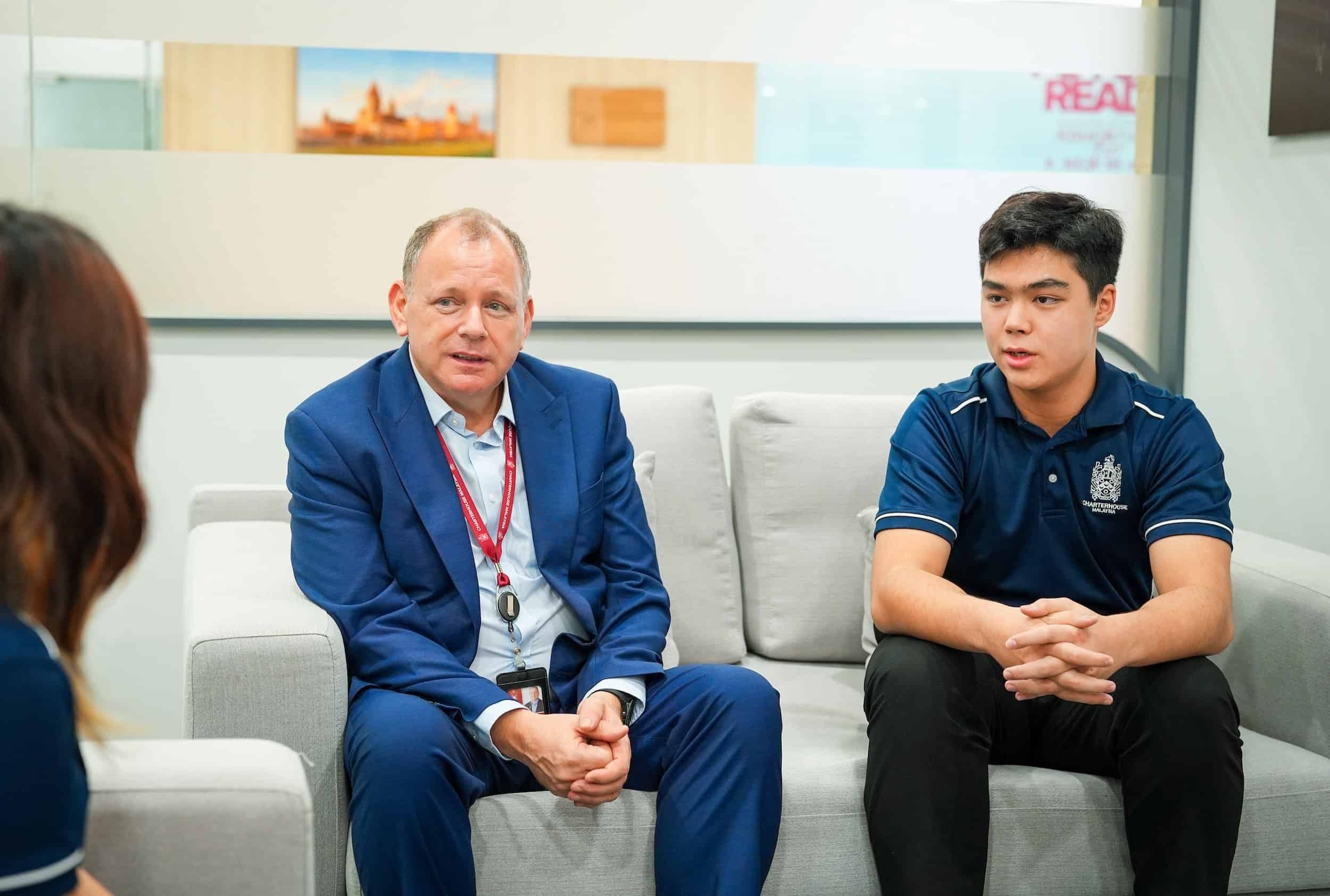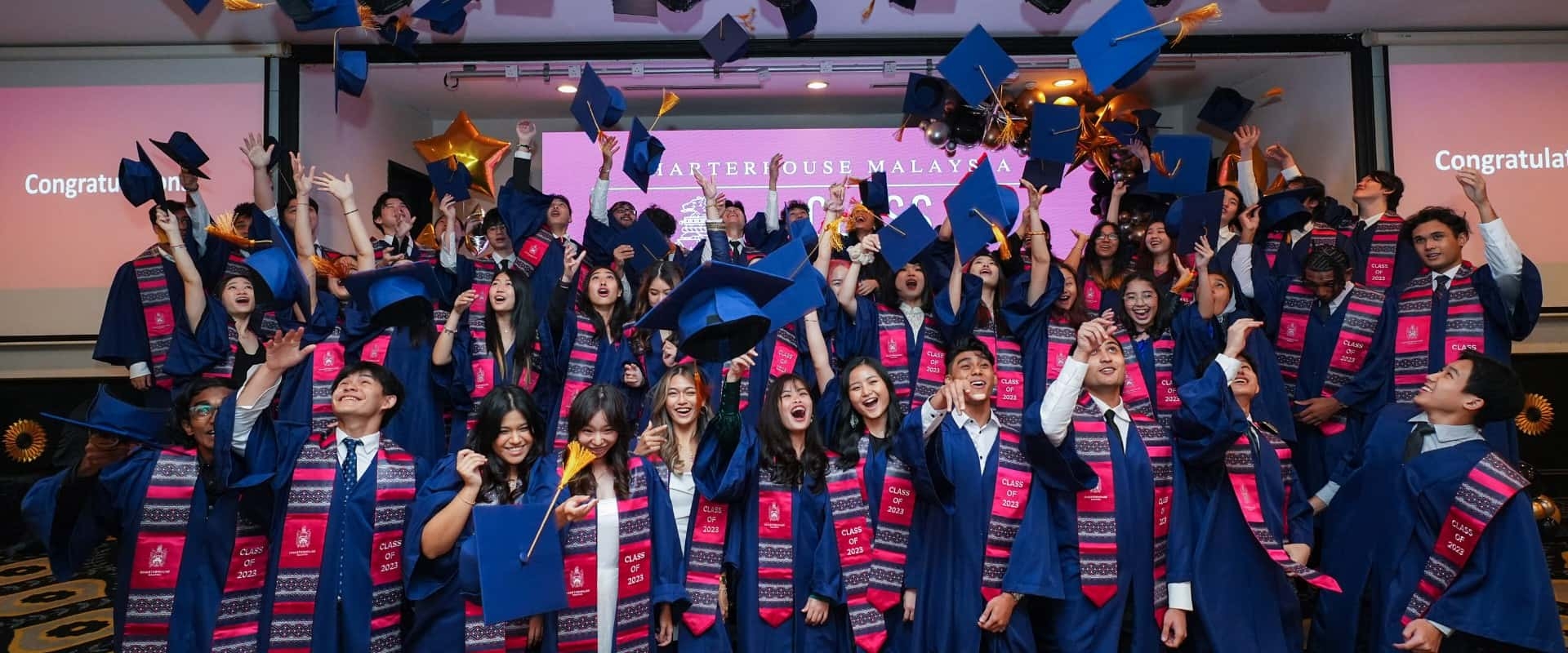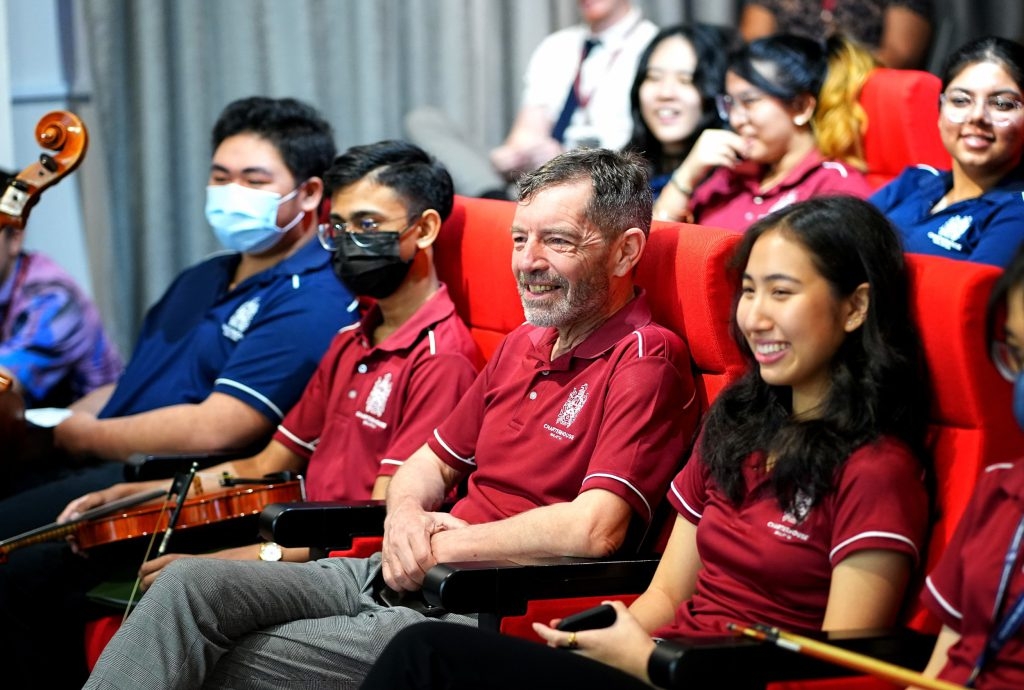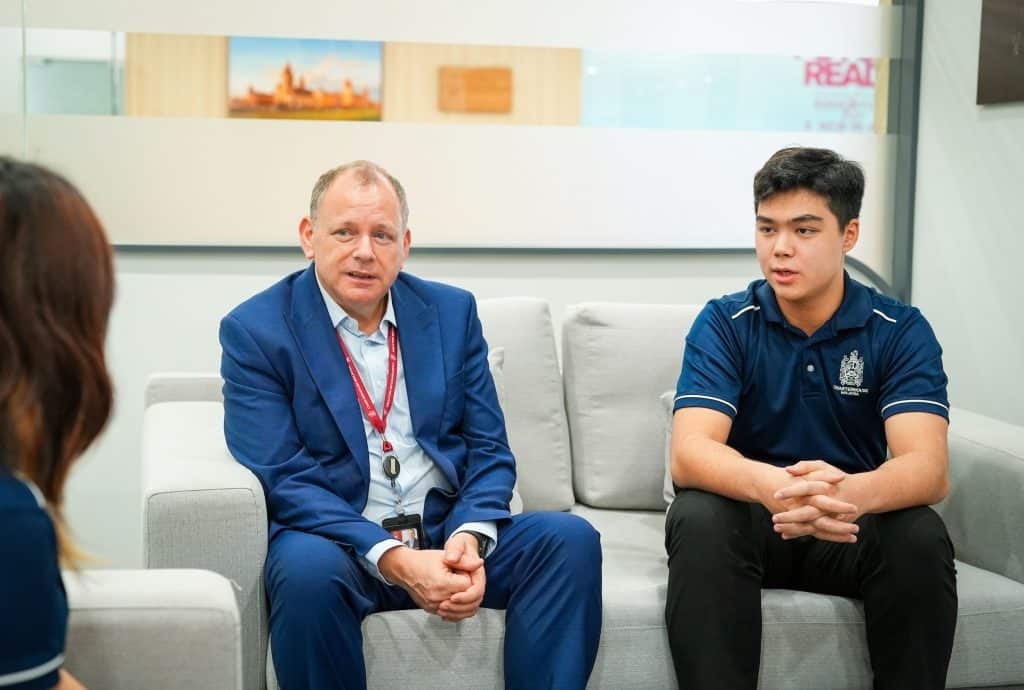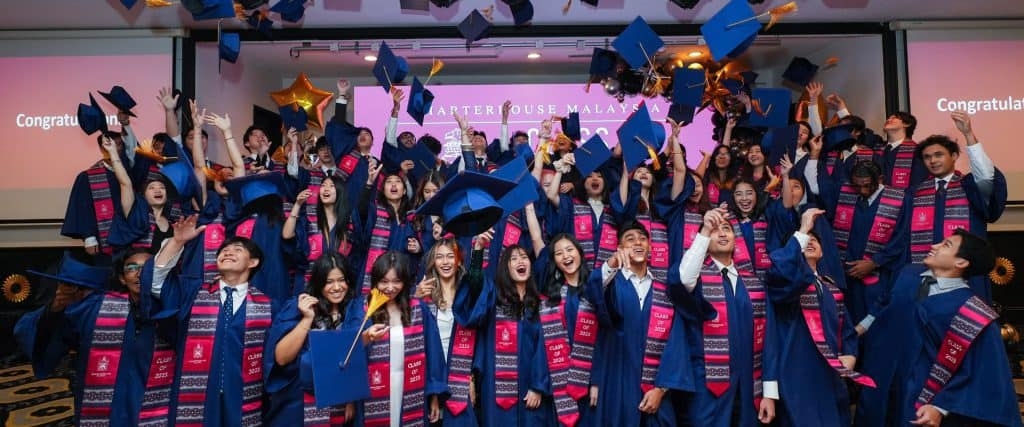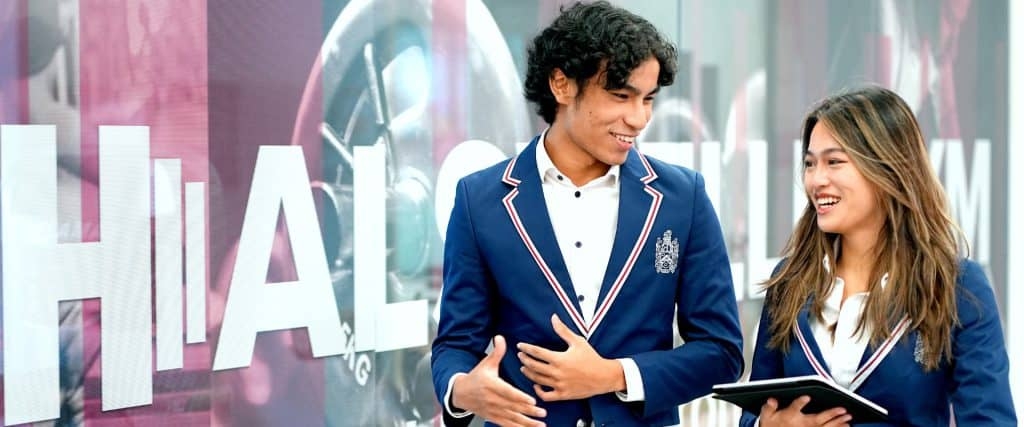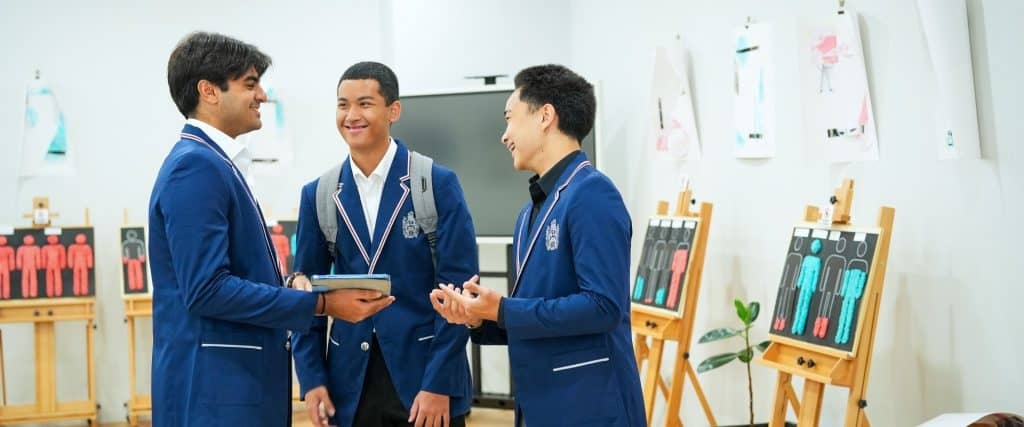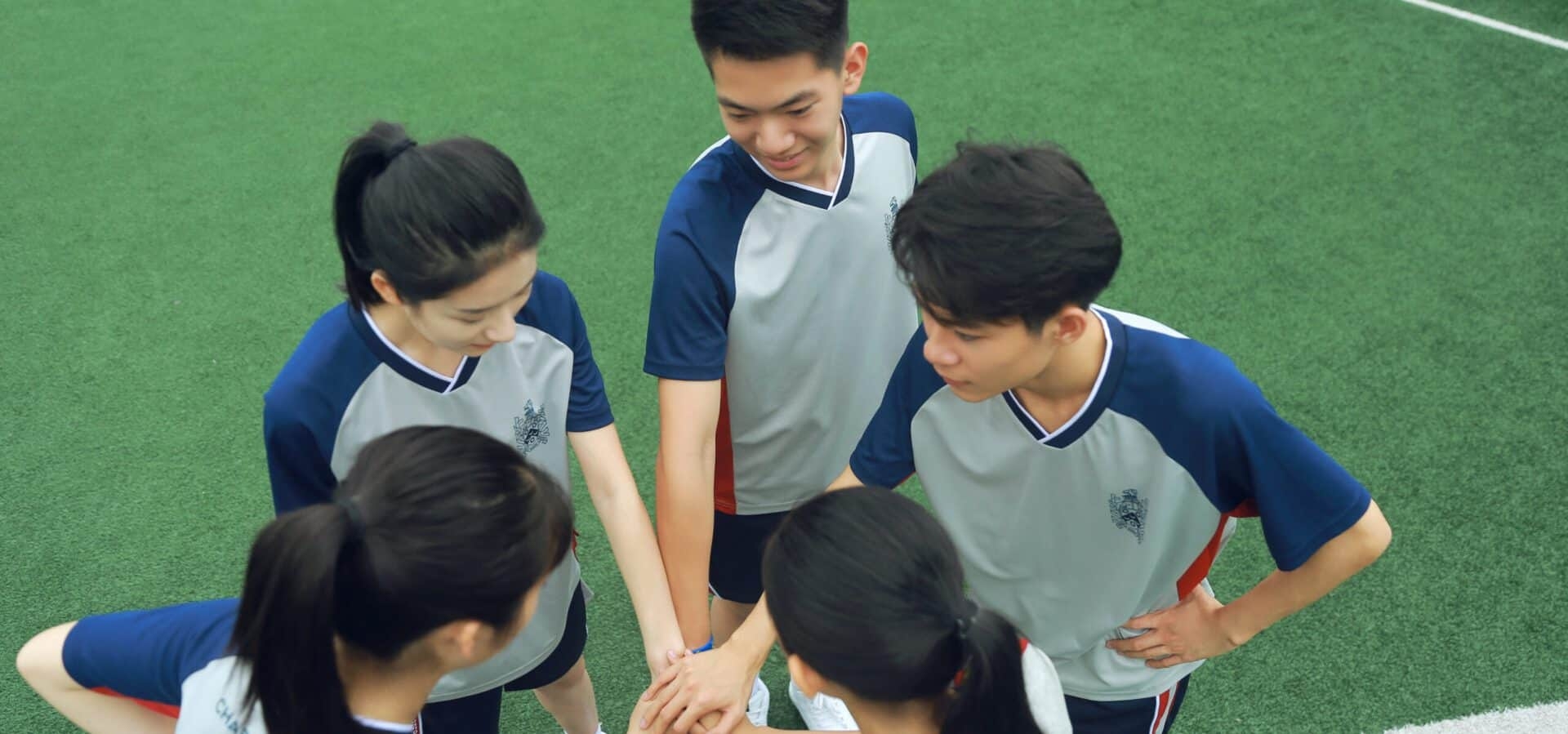
“The world has changed so fundamentally in the last few decades that the roles of learning and education in day-to-day living have also changed forever”.
– From the book 21st Century Skills: Learning for Life in Our Times
The past year has witnessed an unprecedented surge in digitisation and technological advancement that none of us had ever imagined. While the transition might seem difficult, it has opened a world of possibilities and opportunities for human growth and advancement. The future is unpredictable but we have to be ready for it.
Schools now have the responsibility to prepare students for future jobs that we do not know of and technologies that are yet to be invented.
When learning has already surpassed the physical boundaries of the classroom, the holistic development and well-being of students need to be prioritised more than ever. Holistic development refers to the intellectual, social, emotional, mental and physical abilities of a child that enables them to face the challenges of personal and professional life.
In its report entitled THE FUTURE OF EDUCATION AND SKILLS, EDUCATION 2030, Organization for Economic Co-operation and Development (OECD) mentions that “students will need to develop curiosity, imagination, resilience and self-regulation” to navigate the unpredictable future. They will also “need to respect and appreciate the ideas, perspectives and values of others; and they will need to cope with failure and rejection, and to move forward in the face of adversity. Their motivation will be more than getting a good job and a high income; they will also need to care about the well-being of their friends and families, their communities and the planet”.
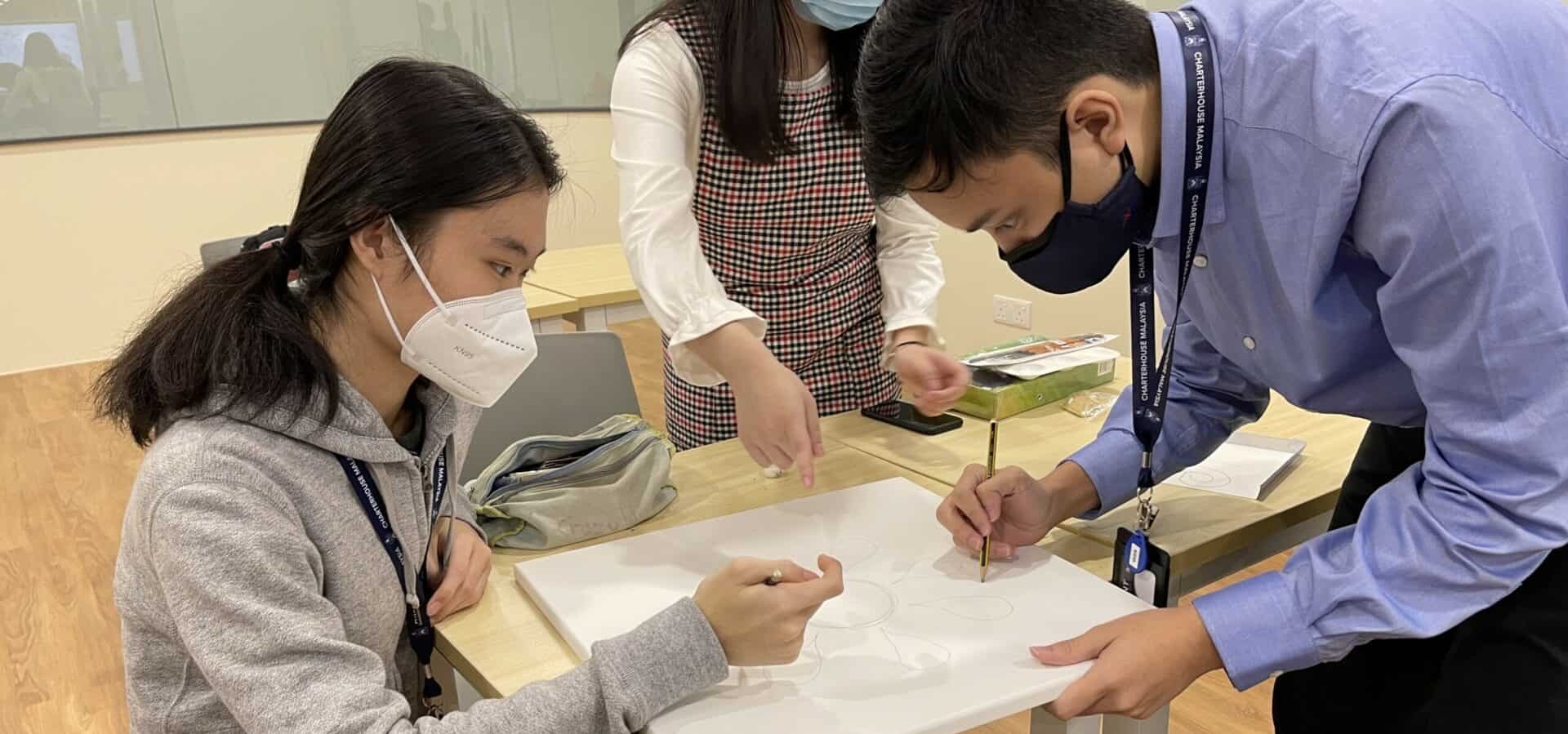
Co-Curricular Activities and Personality Development
Every child has a unique personality and the curriculum must be able to help the child discover their passion and interests while becoming the best version of themselves. Co-curricular activities play a vital role in the holistic development of the students by equipping them with the abilities, skills and values to face the challenges of the future.
Unesco defines Co-curricular activities as “A range of activities organised outside of the regular school day, curriculum or course intended to meet learners’ interests. These activities can help learners become more involved in their school or community and can help them to develop social and soft skills and to promote wellbeing. These activities can include athletics, sports, voluntary work, photography, drama, music, etc.”
By participating in such activities outside the boundaries of textbooks, students get an opportunity to explore their interests and hobbies as they develop the ability to multitask and manage their time effectively.
Skills like creative thinking, problem-solving, analytical thinking and critical thinking also come as part and parcel of participating in co-curricular activities as students learn to examine concepts, come up with new ideas to solve problems and analyse the reason behind different situations.
They also develop leadership skills by taking accountability for their actions, setting goals and motivating others to work towards their goals. Working in a team allows them to develop social and emotional skills as they learn to collaborate, build good relationships with their peers, control their emotions and empathise with others.
“Future-ready students need to exercise agency, in their own education and throughout life. Agency implies a sense of responsibility to participate in the world and, in so doing, to influence people, events and circumstances for the better,” premises OECD in its report, THE FUTURE OF EDUCATION AND SKILLS, EDUCATION 2030.
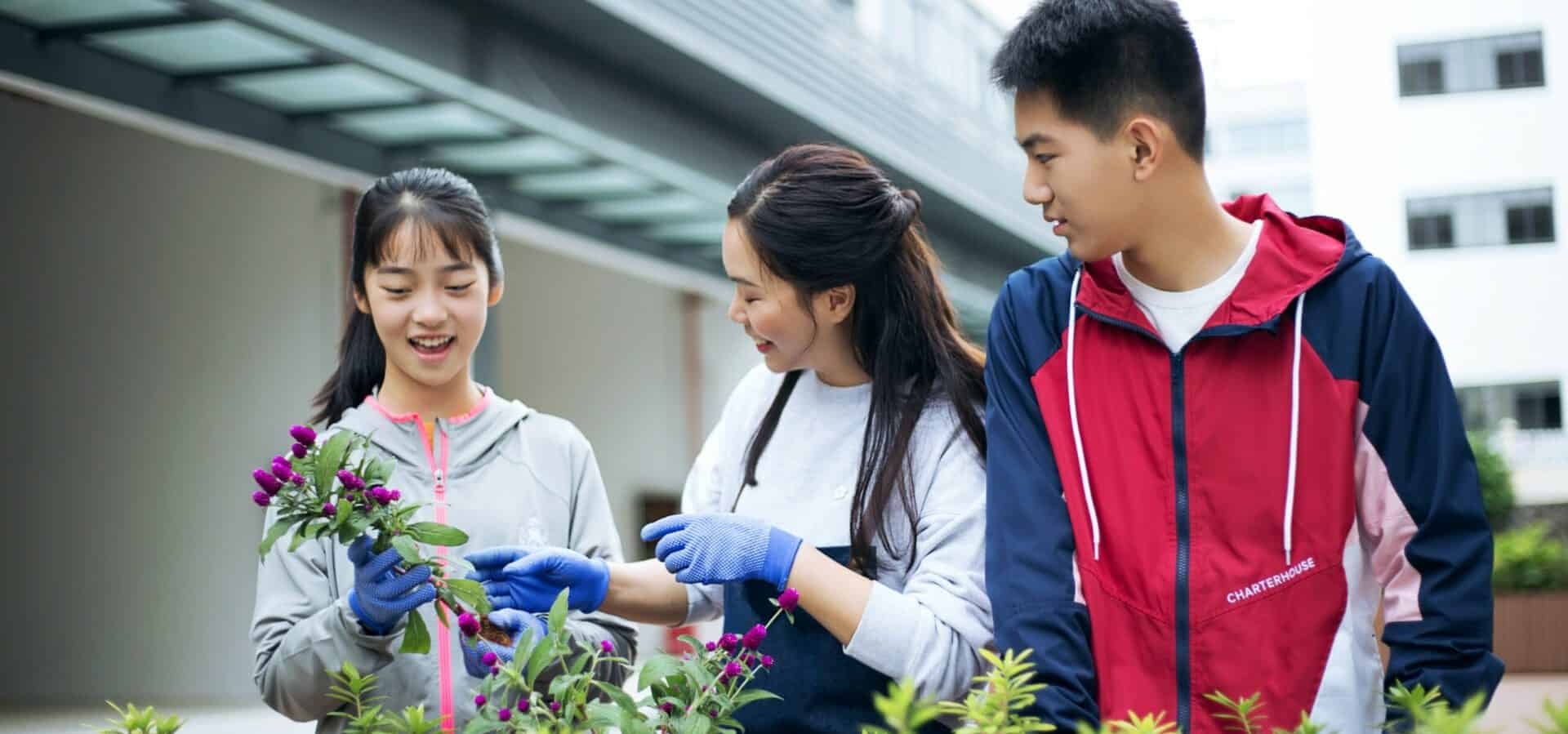
Developing 21st-century skills – The Charterhouse Way
At Charterhouse Malaysia, we believe in nurturing students with the skills, values, knowledge and attitude that makes them confident to navigate through any uncertainty in future, seizing opportunities and finding solutions to complex problems. We find that intelligence is not just limited to academic knowledge. It includes being smart about people, understanding, thinking, feelings, situations and oneself. The curriculum at Charterhouse is designed to encourage students to think critically, creatively and inquisitively about the information they acquire. These aren’t simply taught in the classroom, but are fused into each lesson, interaction and co-curricular activities at Charterhouse.
Spectra Smarts
Central to this is “Spectra Smarts”, a unique approach that draws on ancient wisdom to develop the full scope of interwoven human intelligence. Spectra Smarts is informed by the work of Professor Rose Luckin, a leading expert in the application of AI in education and author of “Machine Learning and Human Intelligence”, but the approach is our own.
Each week a different aspect of human intelligence is explored using sources of wisdom from around the world. From Chinese philosopher Confucius to Indian scholar Vishnu Sharma, students learn to recognise and think deeply about human intelligence in its various forms.
Design thinking
Another skill deeply incorporated in the Charterhouse curriculum is problem-solving. We use design thinking to teach students to solve problems. It is an innovative process widely used by scientists, inventors and innovators. Charterhouse Malaysia’s approach to design thinking is called ‘WEAVE’: Wonder, students engage with a problem or unanswered question; Explore, they use research skills to consider the barriers to solving the problem; Apply, they prototype possible solutions; Value, they refine their work based on feedback from their peers, teachers and the community; and Exhibit, they launch their finished product.
Students have plenty of opportunities to develop their problem-solving skills throughout the school year. They use the WEAVE process to gain deep insight into their International Project Qualification and other curricular and extracurricular activities.
Independent Learning Programme (ILP)
The Independent Learning Programme (ILP) forms an integral part of our curriculum at Charterhouse Malaysia. Over the course of their programme, our learners conduct an Independent Research Project aimed at solving a real-world issue. The project should be linked to the curriculum in one or more of the learner’s subjects. However, a criterion for every project will be that it serves some social or charitable purpose, provides benefit in some way, solves a problem, or otherwise meets the needs of a community.
Engaging in independent learning projects not only supports strong university applications but also develops critical thinking skills and nurtures important personal values and attributes such as honesty, resilience, empathy and respect for others.
The school day at Charterhouse is designed to provide opportunities for collaboration and student leadership. Our pursuit in supporting the healthy development of a student is ingrained in our values, curriculum and co-curricular activities at Charterhouse and underscores our school culture which declares that a person’s success is measured in their value to others.
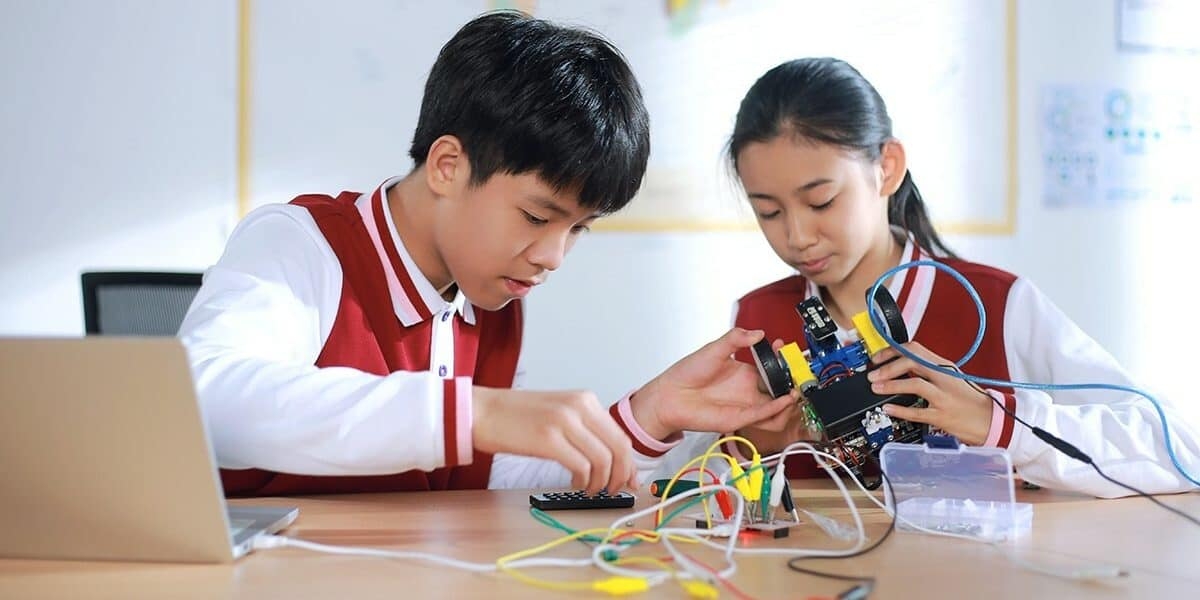
Paving the way for the future through the Charterhouse curriculum
The best part is that the range of activities throughout your span in school is captured in Charterhouse Learner’s Portfolio that acts as a curriculum vitae showcasing all your accomplishments, learning and participation in school. Therefore, when you apply to the university you have a solid portfolio which reflects your personality development and gives you a confident stance in answering questions as you know exactly what you have participated in, and the why and what of your learning from it.
Good grades alone are not enough to secure a place at the world’s most prestigious universities. The admission officers at the top-ranked universities want to see evidence of an enquiring mind and an ability to think and work independently. They look for students who are original thinkers and persevere in the face of adversity. They need to know that a student can face challenges, overcome them, collaborate, solve problems and contribute to the lives of the people.
Education is the passport to the future, for tomorrow belongs to those who prepare for it today. – Malcolm X
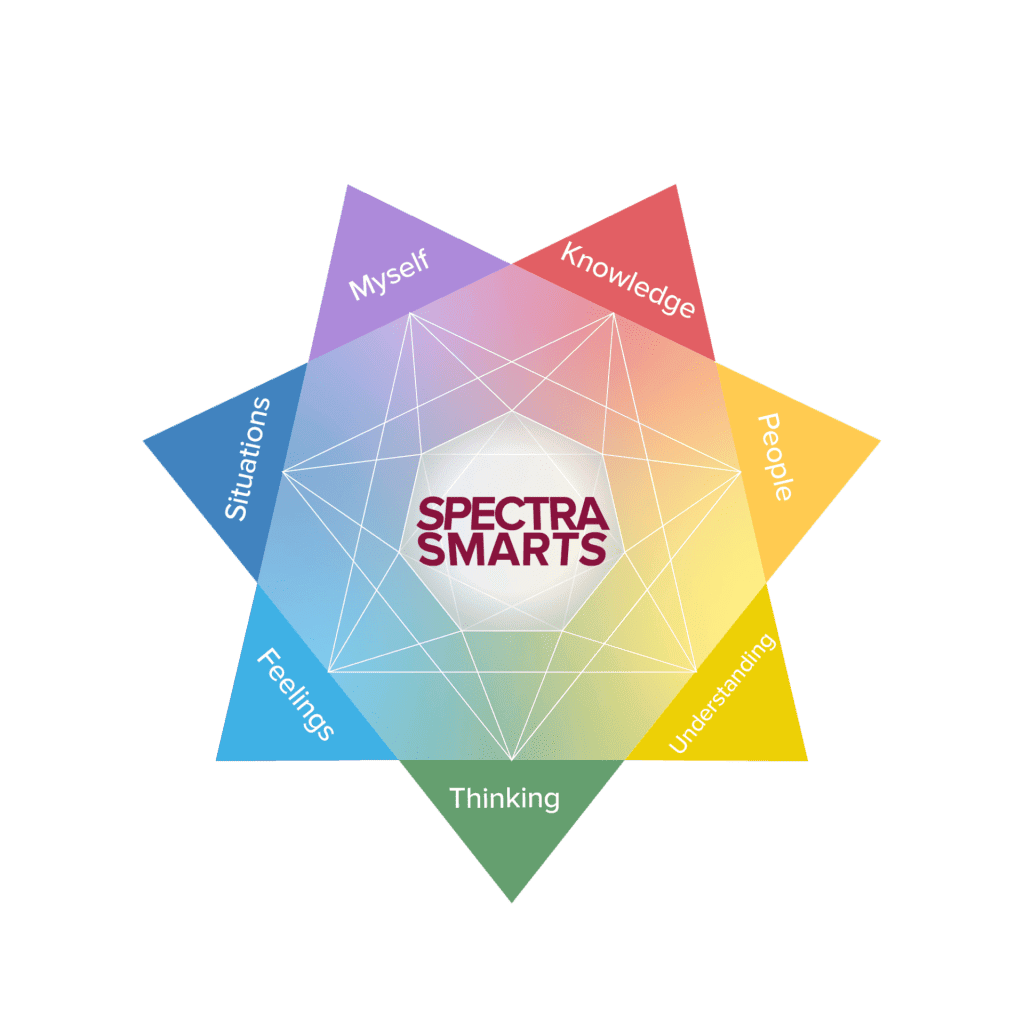
Charterhouse Malaysia prepares students to meet the demands of tomorrow. Our training of the mind through the ‘Spectra Smarts’ approach develops their full intelligence. Design thinking gives students the skills to solve problems creatively as they learn to collaborate and work in teams. Our emphasis on independent learning projects and commitment to service gets them active in the community, learning valuable life lessons, which can translate into strong university applications and interviews. In addition, the school culture is designed to nurture independence and responsibility, so that when they secure that coveted higher education placement, they can make a smooth transition to university life.
Charterhouse Malaysia aims to build students with a character and personality that empowers them to be leaders and visionaries, shaping their own lives and impacting the lives of others. Interested in learning more about the curriculum and co-curricular activities at Charterhouse Malaysia? Drop us a line on our social channels!
Are you ready to be part of a Future Ready curriculum? Enrol at Charterhouse Malaysia today and make the most out of The Founding Carthusian Award. Find out more information at https://www.charterhouse-htms.edu.my/open-days-school-visits/
